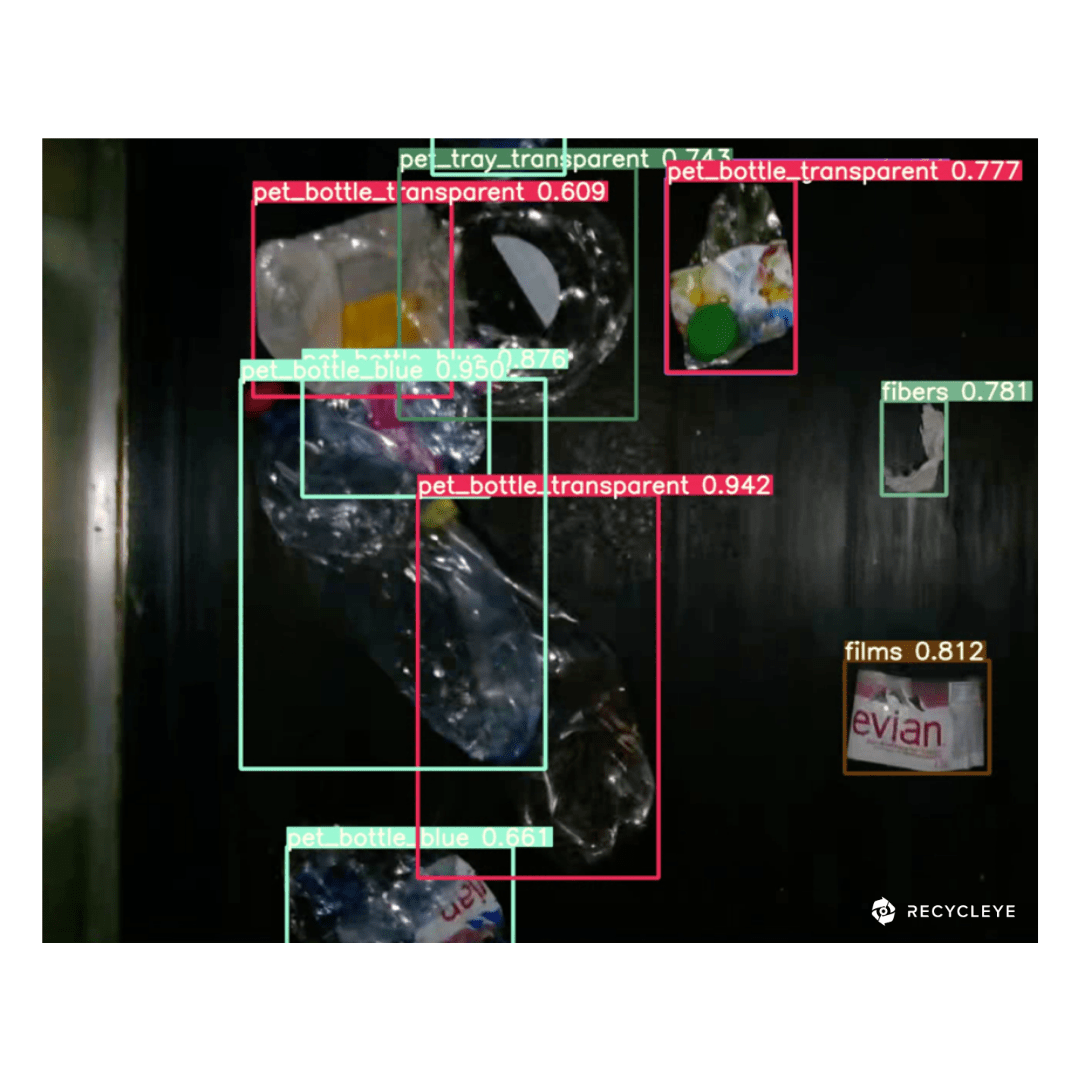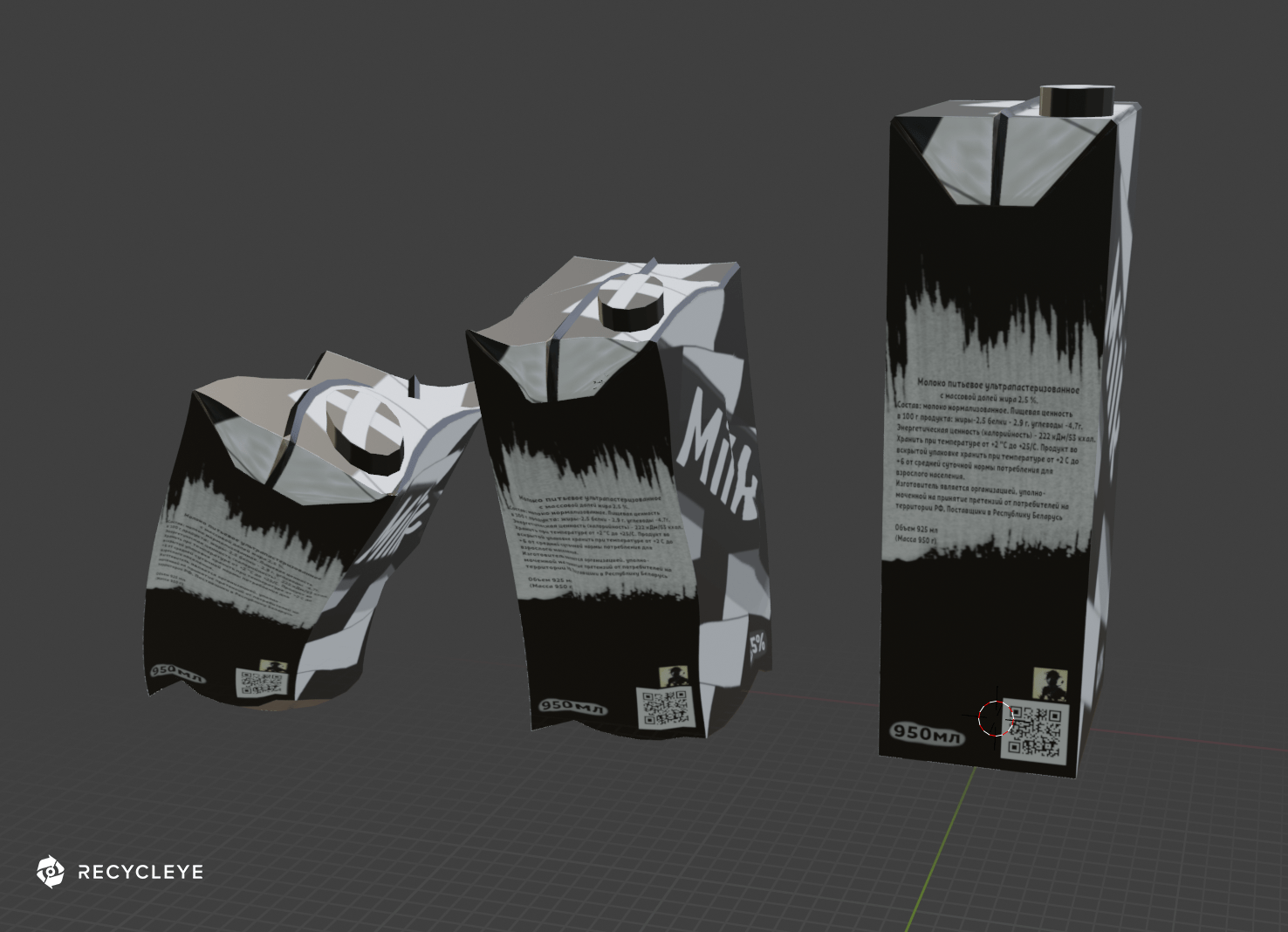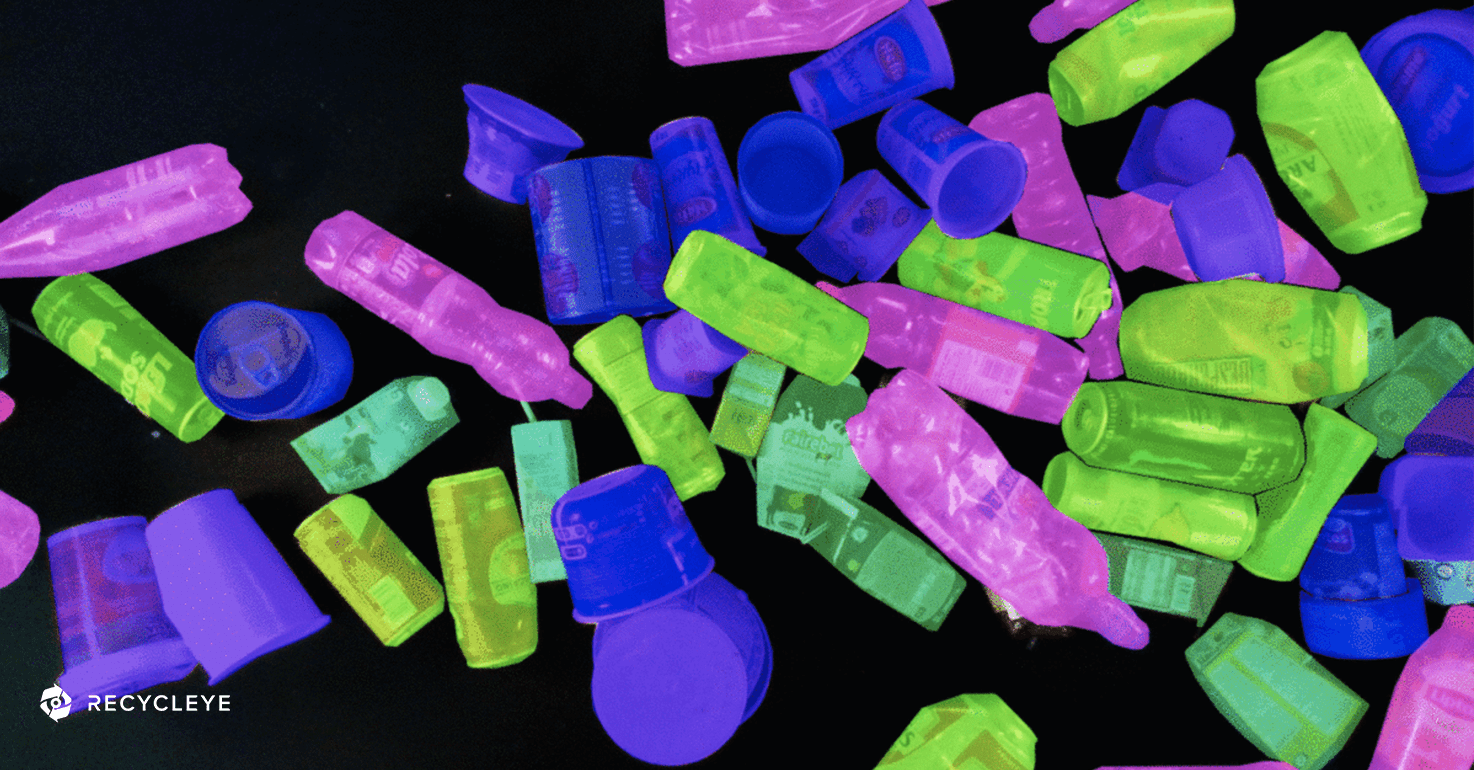8th September, 2021 – Recycleye’s latest opinion piece has featured in Materials Recycling World! Victor Dewulf, CEO of Recycleye, discusses how leveraging artificial intelligence can increase purity of output in recycling facilities, enabling commodification of waste.
Read the article below:
”"When purity is a priority, waste can be defined as merely materials in the wrong place."
Victor DewulfCEO of Recycleye
An eye on the circular prize
In today’s retail landscape, supply chains are defined by extreme transparency and trackability. Manufacture timing and location, delivery journey and end-user details are easily visible to stakeholders.
Yet as soon as the consumer disposes of the product, it becomes completely invisible. How can we increase the traceability in our removal chains such that we can feed them back into our supply chains?
The absence of purity and traceability renders the waste management industry less profitable. When purity is a priority, waste can be defined as merely materials in the wrong place. So, how can domestic recycling industries achieve sufficient purity ‘at home’?
Artificial intelligence (AI) is commodifying waste by achieving higher purity and traceability than traditional MRF equipment and manual pickers. Digitisation has now superseded the human eye.
Computer vision systems comprising of low-cost cameras and intelligent algorithm-driven software identify individual items in commingled waste streams on a material and object level at accuracies greater than manual pickers, according to tests by AI-based waste sorting technology developer Recycleye.


Integrating this capability into MRFs through automated solutions prevents plastics from being downcycled, subsequently expanding the market for recyclates into food-contact applications and meeting the increasing regulation from policy-makers.
Making the best of these AI solutions provides facility optimisation. In addition to the complete automation of decontamination, the systems improve the anticipation of failures through the detection of hazardous objects, subsequently enabling targeted and predictive maintenance strategies.
Their intelligent capabilities also include optimising material flows and operation parameters, boosting throughput and yield of facilities due to efficiency of automation. This also fosters a dynamic nature to the operation, facilitating the mitigation of financial trade-offs by the ability to respond to markets.
The increased purity and traceability provided by such disruptive solutions also allows for strategy optimisation. Recycleye found that computer vision systems increase the sample size taken to measure purity levels in waste streams from 0.01% to 100% because the software records every item.
Recycleye has also open-sourced some of its technology and research as part of WasteNet – a dataset for waste that holds more than 2.7 million training images created by deep learning and computer vision – enabling other companies to benefit from its technology.
The self-generated dashboards provided to operators of these systems deliver constant analytics about material composition, which equips facilities with previously impossible visibility of incoming and outgoing waste flows.
Homogenous granularity across batches means that MRFs can dynamically price for clients based on their infeed material, while accepting specific feedstock requests from reprocessors.
Computer vision offers the only available technological breakthrough that provides this transparency without requiring physical alterations to packaging or production processes, compared with techniques such as fluorescent markers or digital watermarking.
Other technologies including near infra-red (NIR) sensors are limited by their material-level recognition, and they are unable to detect the difference between food and non-food grade plastics.
Interestingly, AI systems utilise simple cameras, rendering them more affordable than these comparative technologies. This means that the recycling industry can produce higher value uncontaminated bales for lower costs, subsequently profiting from waste streams, increasing recycling rates and driving the acceleration towards a circular economy.

Intelligent systems are designed to be modular and retrofit current infrastructure, meaning they act as enhancements of MRF operations rather than as substitutes. Furthermore, they rely on remote installation and maintenance, with self-learning improvements, to minimise the negotiation of logistics.
Using AI to identify items in waste streams achieves levels of automation and purity that makes waste a valuable resource for the UK and meets increasingly stringent EU regulations, furnishing both the business case and environmental case for intelligent waste management systems.
Employing this technological advancement will be vital in sustaining the UK’s recycling industry as it becomes ever oriented towards the purity of materials.